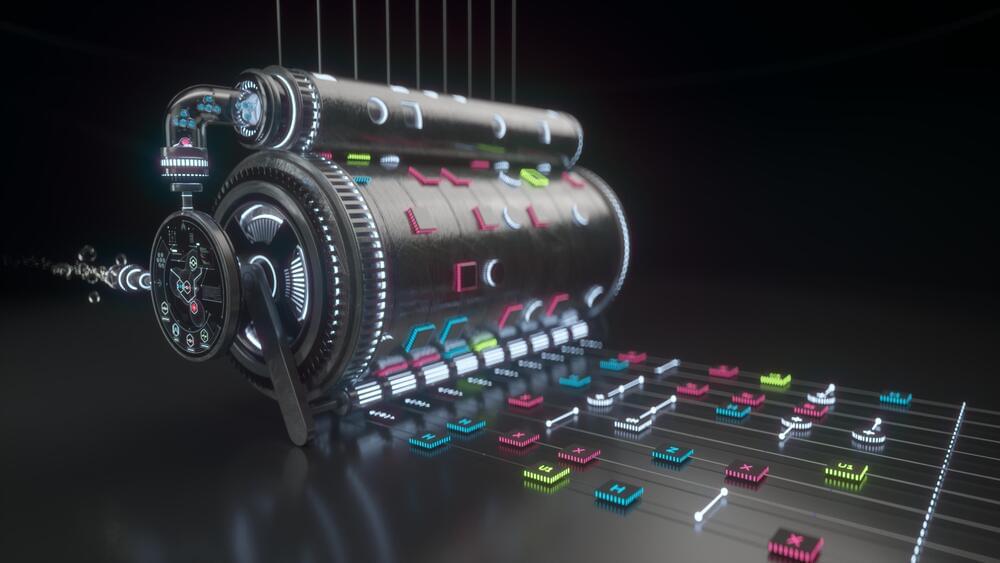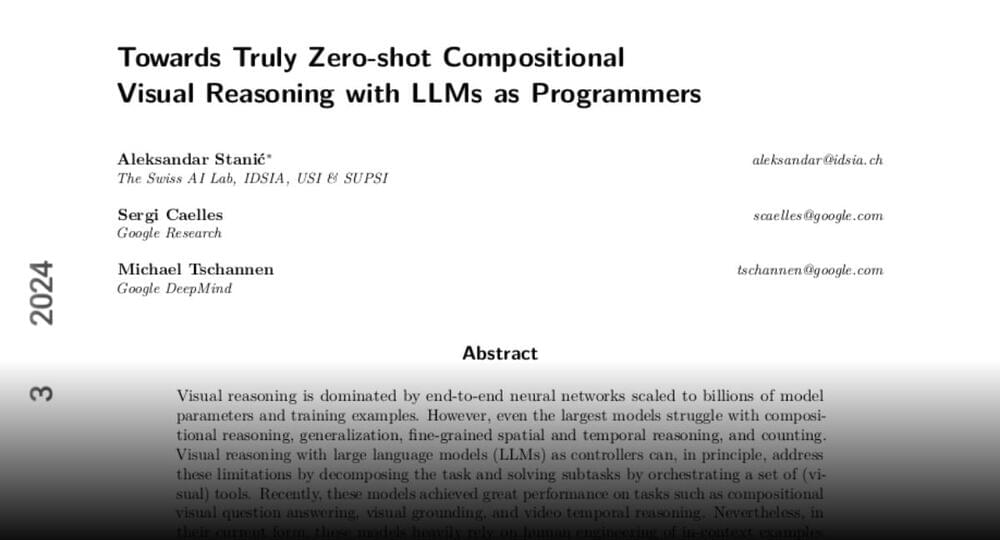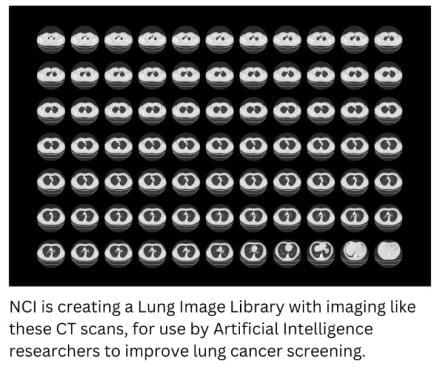In fields such as physics and engineering, partial differential equations (PDEs) are used to model complex physical processes to generate insight into how some of the most complicated physical and natural systems in the world function.
To solve these difficult equations, researchers use high-fidelity numerical solvers, which can be very time consuming and computationally expensive to run. The current simplified alternative, data-driven surrogate models, compute the goal property of a solution to PDEs rather than the whole solution. Those are trained on a set of data that has been generated by the high-fidelity solver, to predict the output of the PDEs for new inputs. This is data-intensive and expensive because complex physical systems require a large number of simulations to generate enough data.
In a new paper, “Physics-enhanced deep surrogates for partial differential equations,” published in December in Nature Machine Intelligence, a new method is proposed for developing data-driven surrogate models for complex physical systems in such fields as mechanics, optics, thermal transport, fluid dynamics, physical chemistry, and climate models.




